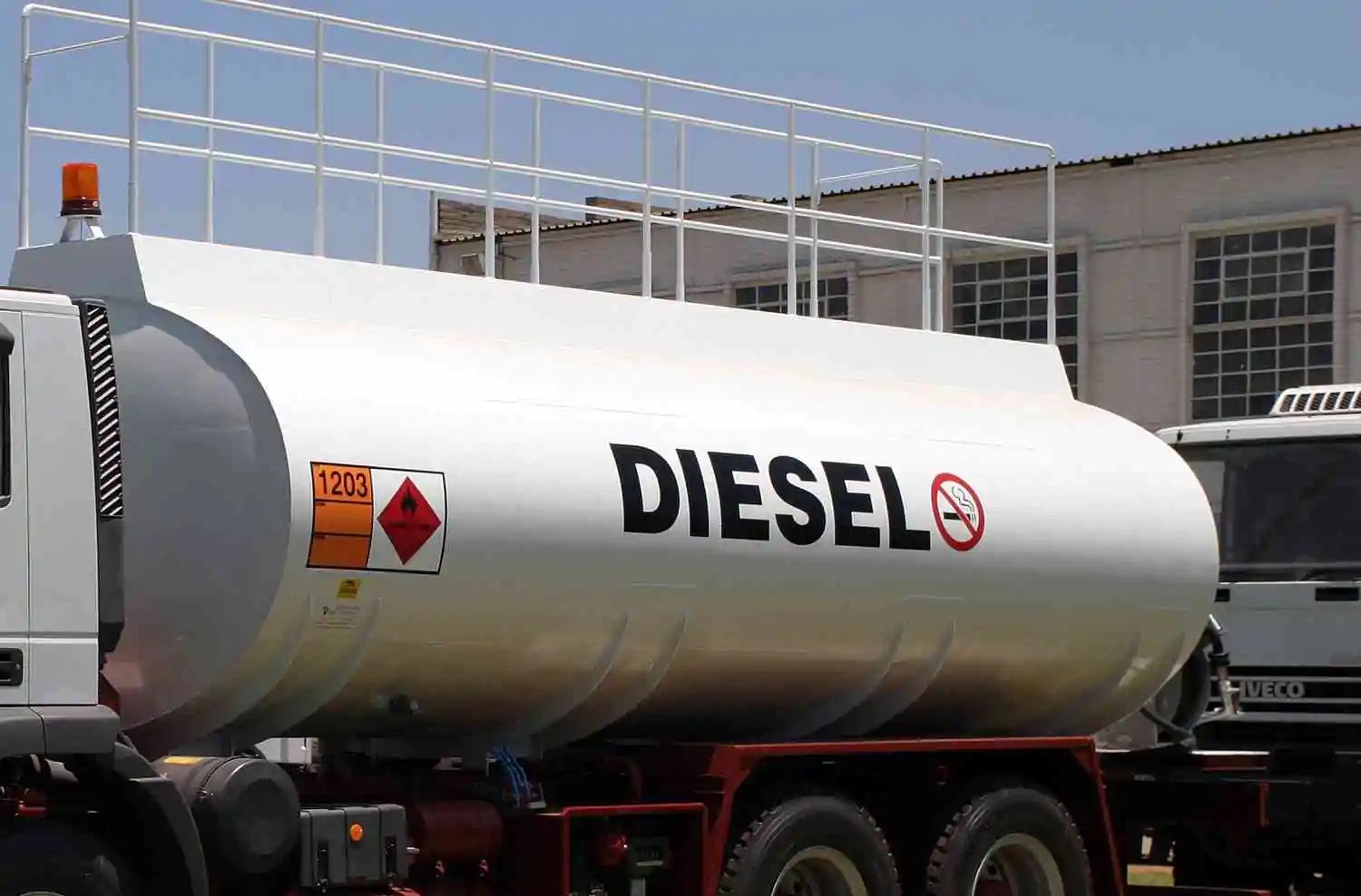

Diesel fuel plays a crucial role in the transportation industry, ensuring the efficient operation of not only passenger cars but also trucks, buses, and heavy machinery. To meet high environmental standards and improve the operational properties of diesel fuel, the EU has established Euro standards. In this blog, we will delve into the seemingly complex classification of Euro diesel fuel and discuss its operational characteristics.
Classification of Euro Diesel Fuel
In Europe, diesel fuel is classified according to Euro standards, which set requirements for the content of harmful substances and a number of other parameters. The main Euro standards include:
Euro-3 (2000)
- Reduces sulphur content to 350 ppm (parts per million).
- Reduces emissions of particulate matter and nitrogen oxides (NOx).
Euro-4 (2005)
- Reduces sulphur content to 50 ppm.
- Requires further reduction in NOx and particulate matter emissions.
Euro-5 (2009)
- Sets the maximum allowable sulphur content at 10 ppm.
- Requires a significant reduction in hydrocarbon and nitrogen oxide emissions.
Euro-6 (2014)
- Reduces NOx emissions to minimum levels.
- Requires the use of Selective Catalytic Reduction (SCR) systems and Diesel
Particulate Filters (DPF).
As we can see, each successive Euro standard imposes stricter requirements for emission reductions and increases the environmental standards for automotive engines and fuel.
Operational Properties of Euro Diesel Fuel
Diesel fuel that meets Euro standards has several key operational properties that make it attractive for use in modern engines:
Higher Environmental Friendliness
Reducing the content of sulphur and other harmful substances helps to reduce harmful emissions into the atmosphere. The use of such fuel has a positive impact on the environment and human health.
Improved Engine Performance
The use of cleaner fuels reduces the risk of engine deposits, which contributes to engine durability and stable operation.
Saving fuel
Modern Euro standards promote the development of more efficient engines that consume less fuel to achieve the same power output. This lowers fuel costs for users.
Reduced Noise Levels
The latest technologies and low-sulphur fuel contribute to reduced engine noise, enhancing the comfort of vehicle operation.
Euro-standard diesel is an important component for ensuring transportation with high engine performance and environmental safety. Such fuel helps to reduce harmful emissions, improves fuel efficiency, and enhances the comfort and safety of vehicle operation. In the future, the development of new technologies and the improvement of Euro standards will further mitigate the negative impact on the environment without losing quality.
If you have any questions or would like to learn more about Euro diesel fuel, please leave your comments or contact us directly at the number listed on our website.
